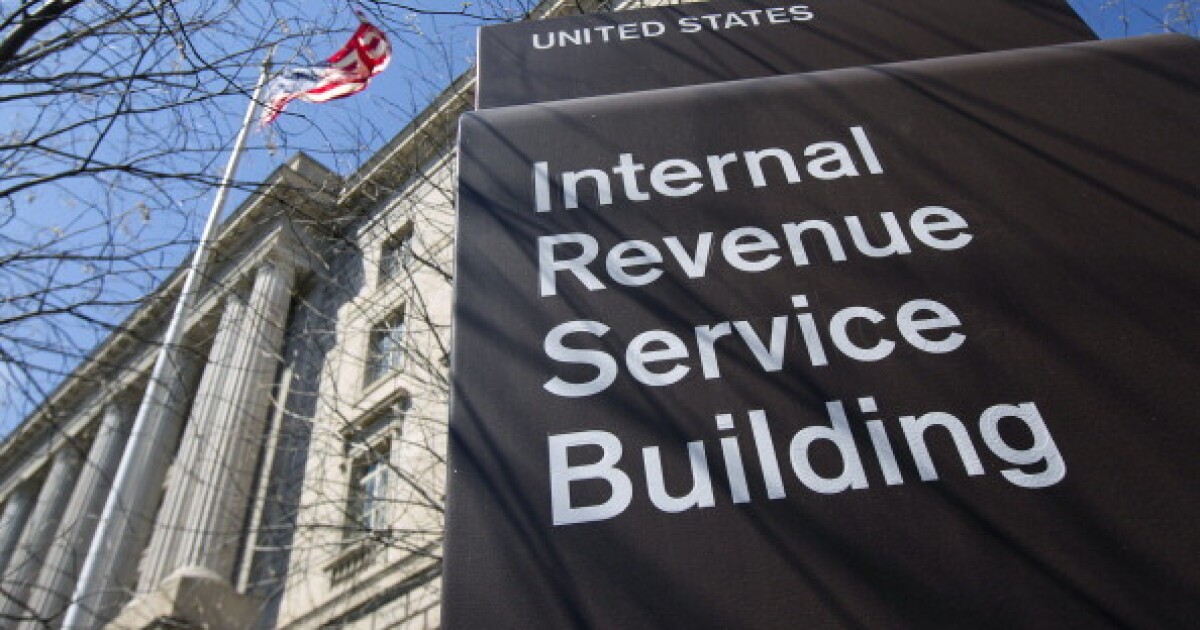Accounting
Dalio warns GOP of ‘dire’ debt as lawmakers weigh tax cuts

Accounting
IRS paints a strong picture from fiscal 2024 in annual Data Book
Accounting
Total college enrollment rose 3.2%
Accounting
Interim guidance from the IRS simplifies corporate AMT
-

 Economics1 week ago
Economics1 week agoMAGA: protecting the homeland from Canadian bookworms
-

 Economics1 week ago
Economics1 week agoElon Musk says Trump’s spending bill undermines the work DOGE has been doing
-

 Economics1 week ago
Economics1 week agoHow young voters helped to put Trump in the White House
-

 Personal Finance7 days ago
Personal Finance7 days agoHarvard, Trump international enrollment battle affects college applicants
-

 Accounting1 week ago
Accounting1 week agoHighest paid jobs in corporate accounting
-

 Blog Post4 days ago
Blog Post4 days agoCommon Bookkeeping Challenges and Solutions for Small Businesses
-

 Economics5 days ago
Economics5 days agoWhy the president must not be lexicographer-in-chief
-

 Personal Finance7 days ago
Personal Finance7 days agoCrypto in 401(k) plans: Trump administration eases rules













